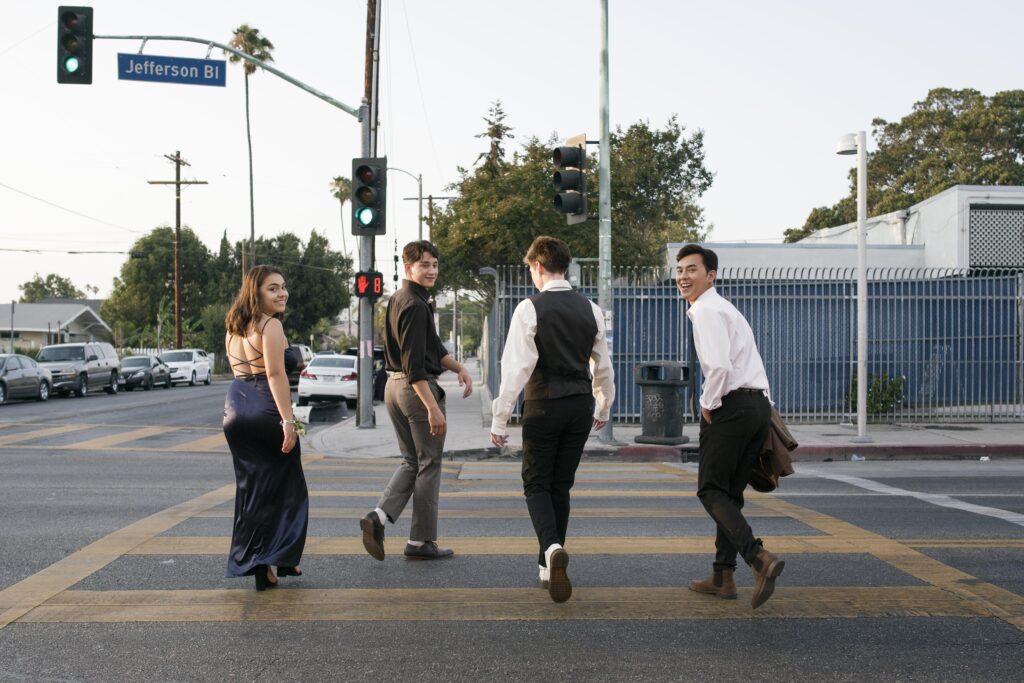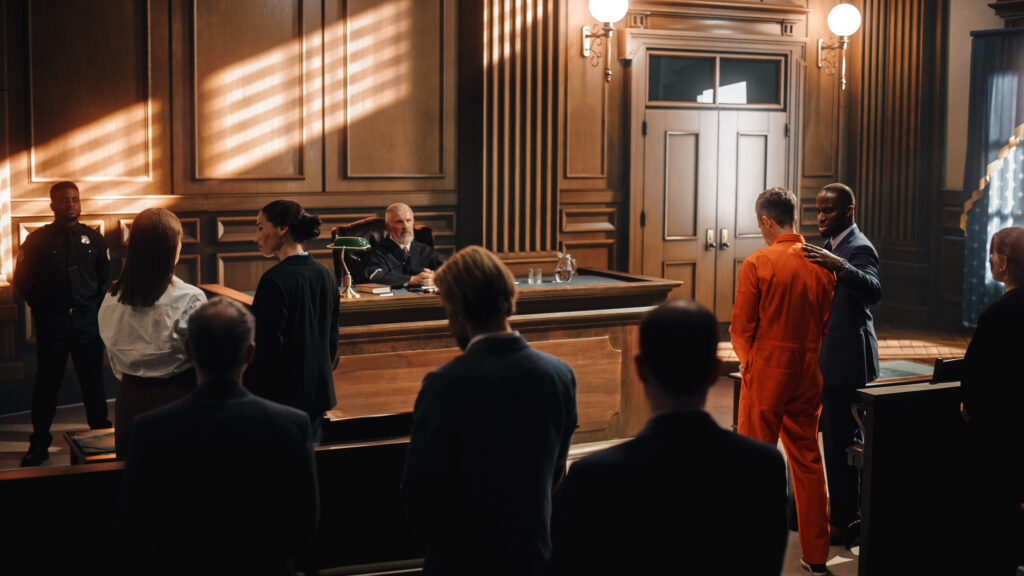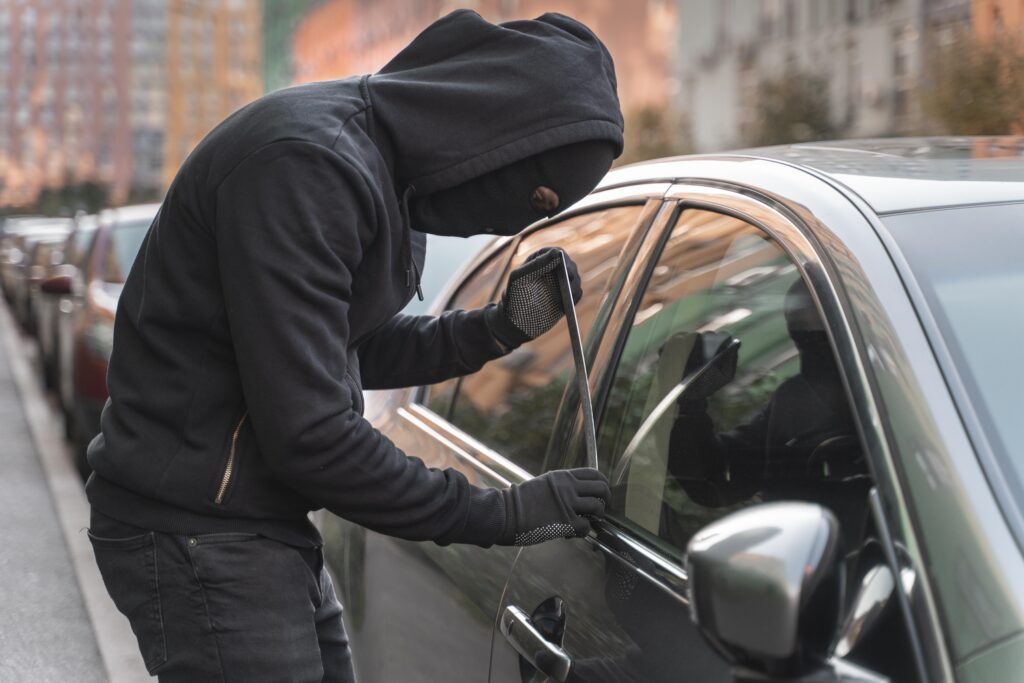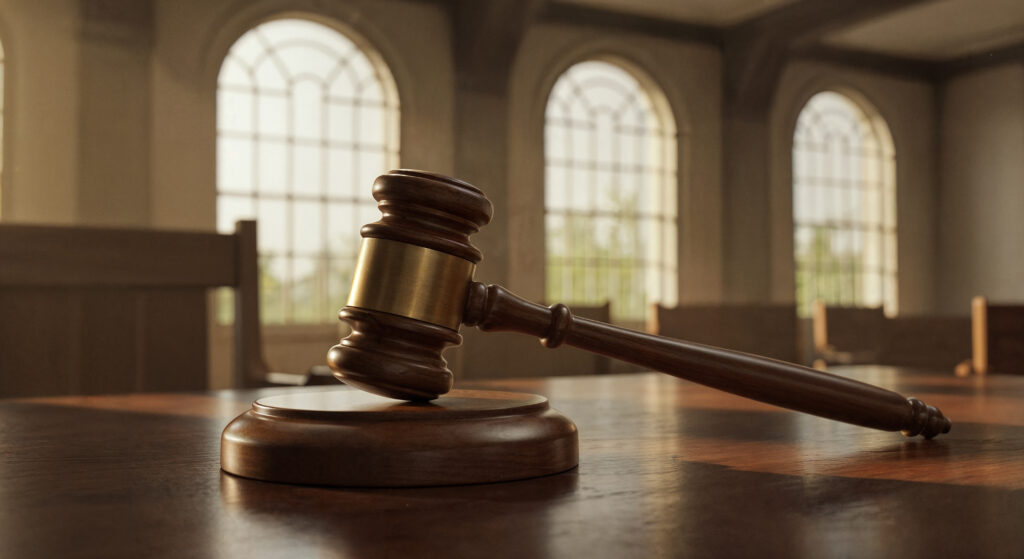It is not a crime to be drunk, but what one does while drunk can lead to legal consequences. The law seeks to protect people from contributing and causing harm to others.
This article breaks down public intoxication charges and what the crime entails.
What is a California Penal Code Section PC 647(f) charge?
This law prohibits being drunk in public, also known as public intoxication. The charge requires that the individual is
(1) found while under the influence of alcohol, drugs, or other substances,
(2) is unable to care for themself or exercise care in order to ensure the safety of others, and
(3) prevents others from freely using a public walkway or street.
The individual must be willfully intoxicated, meaning that they intended to drink or take drugs.
The law is meant to protect others from a person who is drunk, which causes temporary mental impairment. For this reason, public intoxication occurs when the individual makes it unsafe to walk or drive in a public place.
Examples
An example of public intoxication is a drunk individual stumbling down a sidewalk before crossing the road when it is green. It is clear that the individual is not caring about the safety of others in addition to obstructing the roadway.
Another example is a drunk individual sleeping in the middle of the sidewalk which obstructs the path in which people can walk. If there are few street lamps and a biker accidentally hits the individual because they can’t see the individual, the biker can get thrown from their bike and hurt themselves.
The drunk individual can be charged with public intoxication because they prevented others from using the sidewalk safely. The drunk individual also did not care for his own safety by sleeping in the middle of the sidewalk.
Penalties / Is 647 (F) PC a felony or misdemeanor?
Public intoxication is a misdemeanor and carries a sentence of up to six months in jail and up to a $1,000.00 fine. Attending a treatment program can be made an available option to the defendant by the court.
Defenses to California Penal Code §647(f) – Public Intoxication
Not every case is clear-cut. The following are two defenses the defendant can make in court when charged with public intoxication.
- The defendant did not intentionally become intoxicated. If the defendant’s drink was spiked with alcohol without the defendant’s knowledge, the defendant did not willfully consume alcohol.
- The place in which the defendant was intoxicated was not public. It is not a crime to become intoxicated on one’s private property. If the defendant became intoxicated at a friend’s party at the friend’s house, the defendant would not be charged with public intoxication.
Related Offenses
It is not uncommon for the defendant to be charged with multiple crimes when being charged with public intoxication. More likely than not, the defendant didn’t commit just one crime.
Some of these related offenses include- Indecent Exposure (California Penal Code Section 314(1)) and Disturbing the Peace (California Penal Code Section 415).
Expungement
If the defendant meets the terms of their sentence and/or any probation, the defendant can request to expunge the charge of public intoxication from their record.
Getting one’s record expunged takes time and will require a filing fee; however, the result will allow for the defendant’s record to be sealed. If an employer were to run a background check, they would not see the defendant’s public intoxication charge listed on their record.
Contact the Law Office of David L. Faulkner
Dealing with criminal charges can be intimidating. If you or a loved one are facing public intoxication charges, it’s crucial to get assistance from a skilled public intoxication attorney. Reach out to the Law Office of David L Faulkner for expert help with your case.









